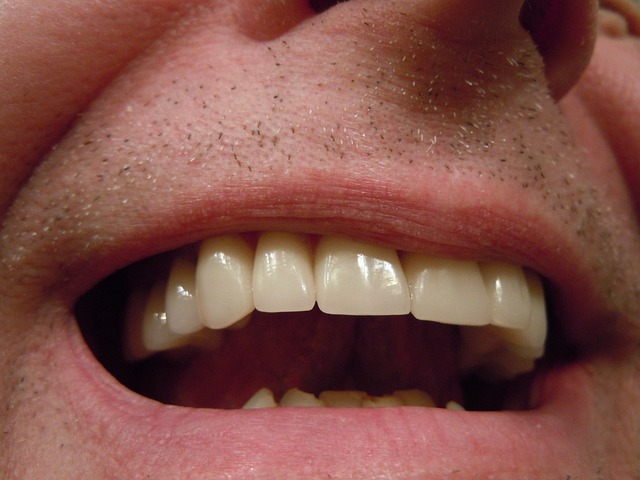Teeth whitening treatments are a popular way to brighten your smile, but maintaining those results largely depends on your diet. Teeth whitening Manchester services require time and money, and the meals and drinks you consume can either support or hinder your efforts. In this article, we’ll explore how different dietary habits can impact the longevity of teeth whitening results and what you can do to preserve your bright smile.
Staining Foods and Beverages
Certain meals and beverages are known for leaving stains, even on freshly whitened teeth. Tannins in coffee, tea, and red wine can stick to enamel, producing discoloration. Similarly, blackberries, tomato-based sauces, and soy sauce are high in pigments, which can darken your grin over time. Stains from these substances can penetrate deep into the enamel, making it difficult to preserve the whiteness acquired by expert treatments.
Acidic Foods and Enamel Erosion
Acidic foods and drinks pose another challenge to maintaining whitened teeth. Items like citrus fruits, vinegar, sodas, and energy drinks can destroy the enamel, making teeth more susceptible to stains. When the enamel is weakened, it becomes more porous, allowing stains to penetrate more easily. This means that after consuming acidic foods, your teeth are at a higher risk of discoloration, especially following a whitening treatment when your enamel may already be more sensitive.
Foods That Support Teeth Whitening
On the bright side, certain foods can actually help maintain the whiteness of your teeth. Crunchy fruits and vegetables act as natural scrubbers, gently cleaning your teeth while you chew. Dairy products like cheese, yogurt, and milk are high in calcium, which strengthens the enamel and helps resist staining. These foods can play a helpful role in preserving the effects of your whitening treatment.
Hydration and Oral Hygiene
 Hydration is key to maintaining a white smile after whitening treatments. Drinking enough water helps to remove food particles and drinks that might leave stains. It also increases saliva production, naturally cleansing the mouth and neutralizing acids. Staying hydrated is a simple yet efficient strategy to maintain your whitening results. Good oral hygiene is equally important. Brushing twice daily, flossing daily, and whitening toothpaste can all help keep your teeth bright. Regular dental cleanings will also remove surface stains before they settle into the enamel, allowing you to enjoy the benefits of your whitening treatment for longer.
Hydration is key to maintaining a white smile after whitening treatments. Drinking enough water helps to remove food particles and drinks that might leave stains. It also increases saliva production, naturally cleansing the mouth and neutralizing acids. Staying hydrated is a simple yet efficient strategy to maintain your whitening results. Good oral hygiene is equally important. Brushing twice daily, flossing daily, and whitening toothpaste can all help keep your teeth bright. Regular dental cleanings will also remove surface stains before they settle into the enamel, allowing you to enjoy the benefits of your whitening treatment for longer.
Timing Your Diet After Whitening
The first 48 hours after a whitening treatment are particularly critical. During this period, your teeth are more porous and prone to staining. Dentists often recommend sticking to a “white diet” of light-colored foods like rice, chicken, and pasta to avoid staining your freshly whitened teeth. It’s important to be mindful of what you eat during this time, as consuming dark-colored foods or beverages too soon can quickly undo the effects of the treatment.
Conclusion
By being mindful of stain-causing foods and beverages, limiting acidic items, and incorporating teeth-friendly options into your meals, you can maintain your whitened smile for longer. Hydration and good oral hygiene also play a significant role in protecting your enamel and preventing future stains. With the right dietary habits and care, your teeth can remain as bright and white as the day you had them whitened.…
Read More



